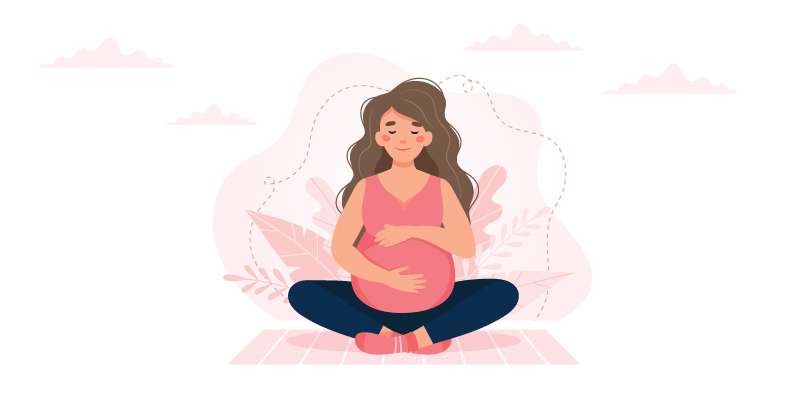Author: Dr. Meera Jindal, Consultant – Fertility specialist
The journey of parenthood is filled with joy and it still comes with its own set of hurdles. Most couples owing to various reasons choose to have kids at a later age in life. Thanks to assisted reproductive technologies, making this decision has become easier and one can still pursue their goals and priorities without having to think hard.
However, getting pregnant at an age that is not the “standard fertile age” has its own challenges.
There is no dismissing the fact that age affects fertility. And fertility of a woman decreases with age. It might take a little longer for a woman in her late 30’s to conceive but it is not impossible.
So to help put the curious minds to rest, yes women over 35 years of age do have pretty good chances of conceiving but have associated risks.
Reasons that make conceiving difficult after 35
- Decrease in ovulation
- Decline in egg quality and quantity
- Scar tissue in the fallopian tubes or cervix due to surgery or Infection
- Fibroids or uterine disorders
- Endometriosis
- Conditions such as diabetes or high blood pressure
What to do?
In most cases, a healthy woman over age 35 and with no underlying fertility issues can get pregnant naturally and have a healthy baby.
But if a couple is unable to conceive naturally then they can always look at alternative fertility treatments like:
- IUI (Intra uterine insemination): Good quality sperm is selected and injected in the uterus to aid in fertilization.
- IVF (In vitro fertilization): An egg is fertilised with a sperm in a laboratory to produce an embryo which will be implanted in the woman’s uterus or it can be frozen and preserved for later purpose.
- Also, there is always an option of freezing your eggs.
Risks
Every pregnancy is unique. Women in late 30s have chances of complications in their pregnancy compared to women in 20s and early 30s. A few risks include:
- Miscarriage
- Birth defects
- Might develop high blood pressure and diabetes during pregnancy
- Premature birth or low birth weight
- Placenta problems
These risks can be managed and avoided with good pre-natal care. One can opt for prenatal screening tests and stay informed about the kind of risks involved (if any).
Ways to improve fertility:
A few tweaks to your lifestyle and preparing your body for pregnancy makes the process easier and can help in increasing the chances of conception.
Here are a few things to remember:
- Understanding the length of menstrual cycle and tracking fertile window and ovulation one can have a good chance of having a pregnancy.
- Stay up to date with your regular medical tests.
- Opt for healthy lifestyle changes, like quit smoking and alcohol, limit caffeine, get enough sleep and have a healthy balanced diet.
- Moderate exercise and maintain a healthy weight.
- Take time to de-stress. Mental health is equally important while planning a pregnancy.
- Consult with your doctor if you require any prenatal vitamins.
- Consult with your fertility specialist in case of any fertility issues and know about the various fertility treatments available to help fertility challenged couples.
Bottom line:
Pregnancy is an exciting journey and planning a pregnancy at 35 years of age might seem overwhelming and demanding. The social stigma and the age-related health issues only add to the stress. Understanding the risks and staying informed about how to go about the entire journey helps put things in perspective.
Even for fertility challenged couples there is hope as there are many evidence based fertility treatment options and research-backed reproductive technologies available to help you achieve your dream of parenthood.

